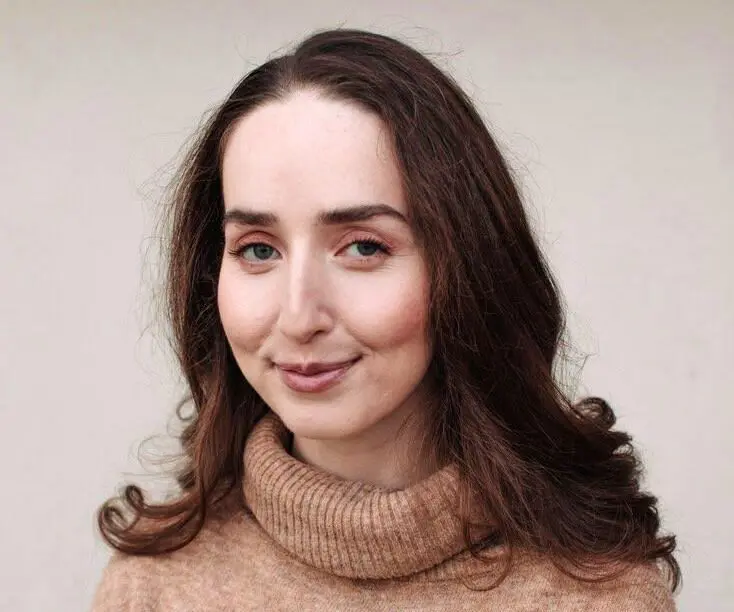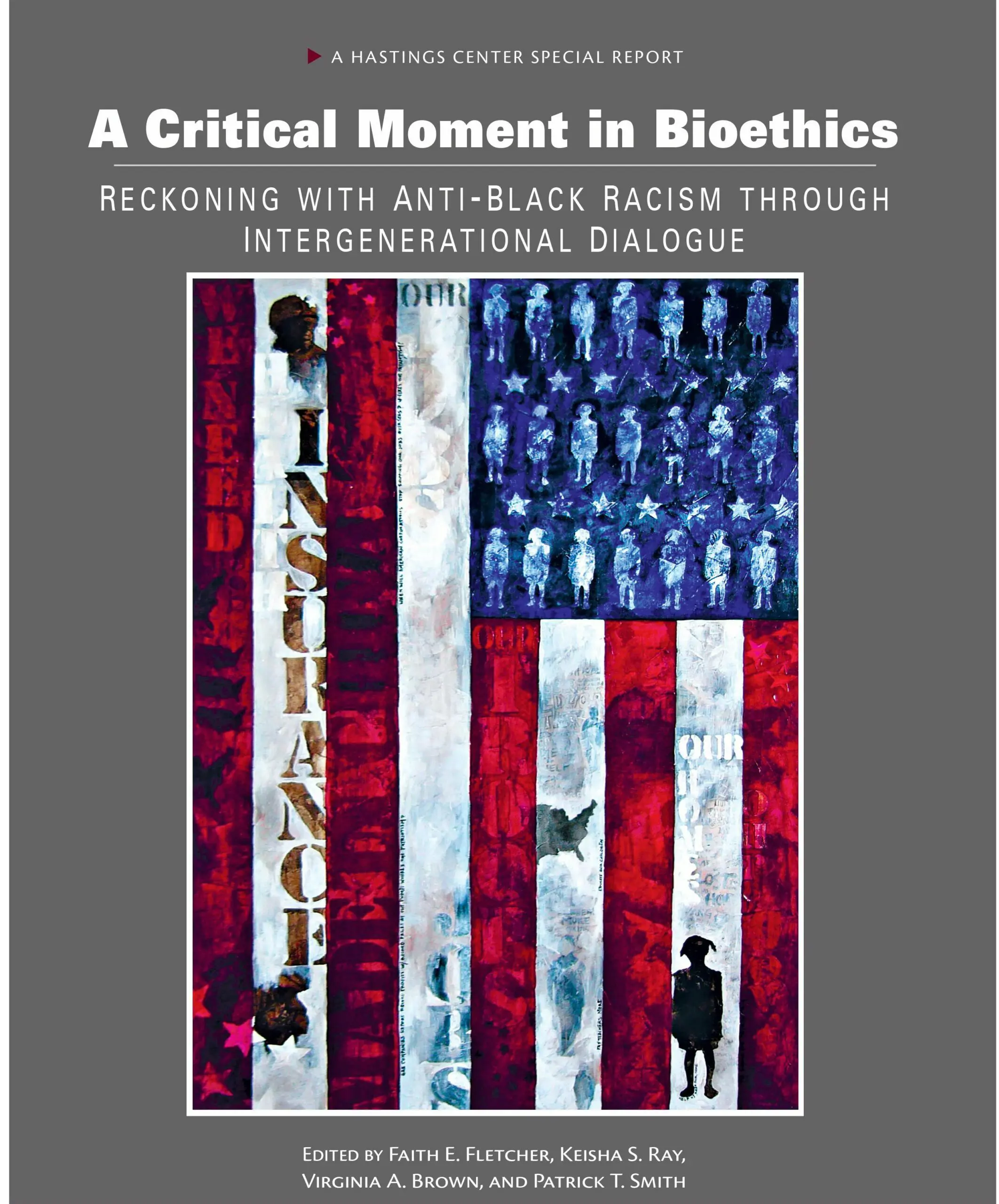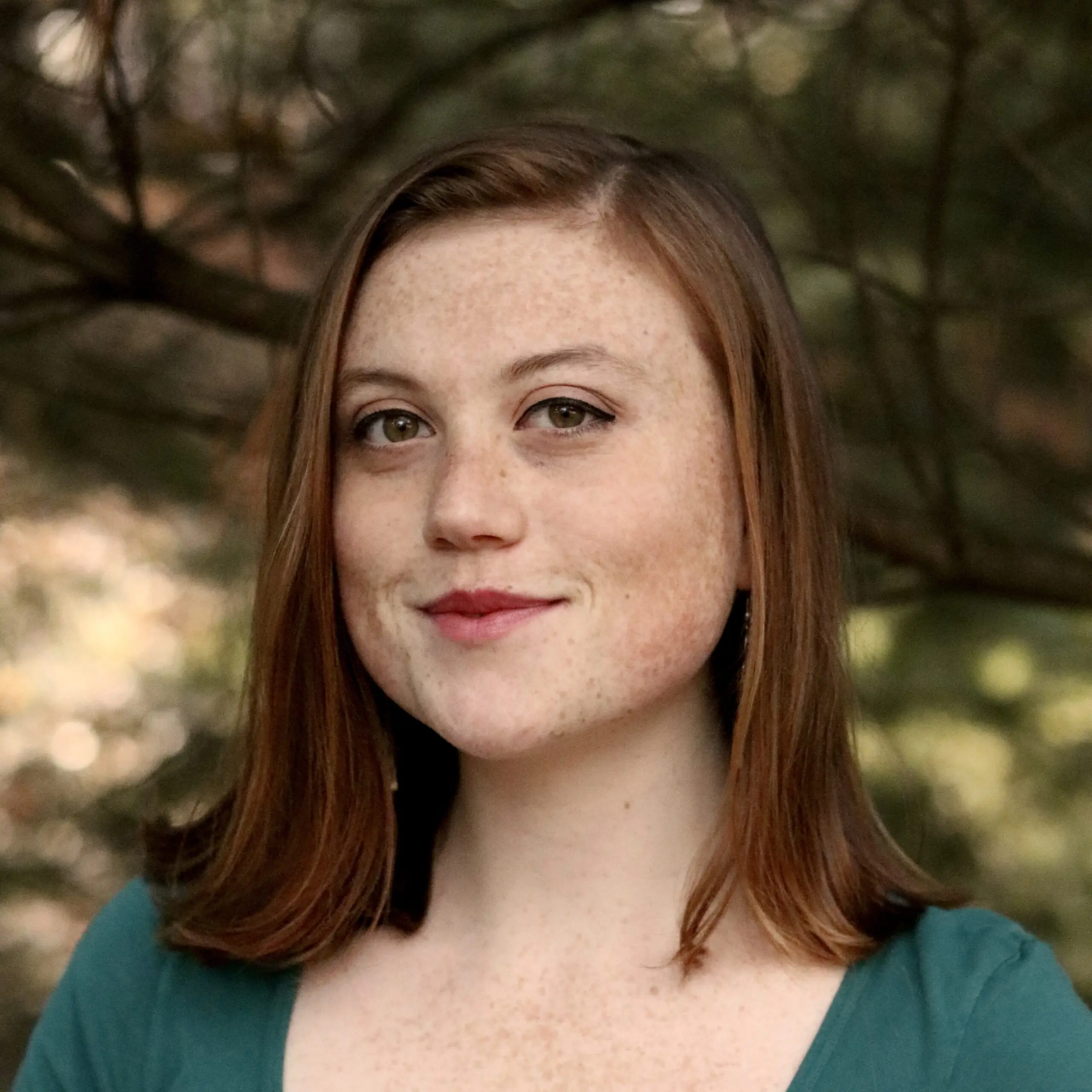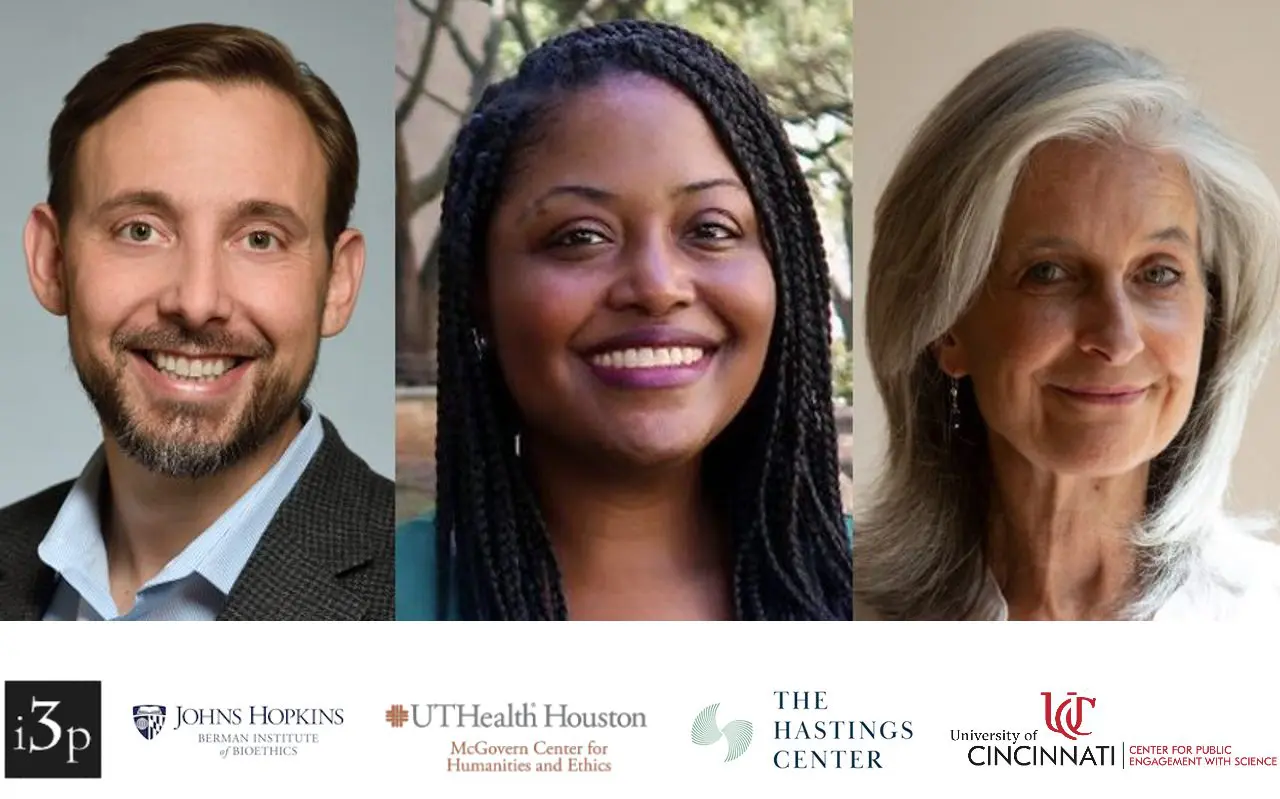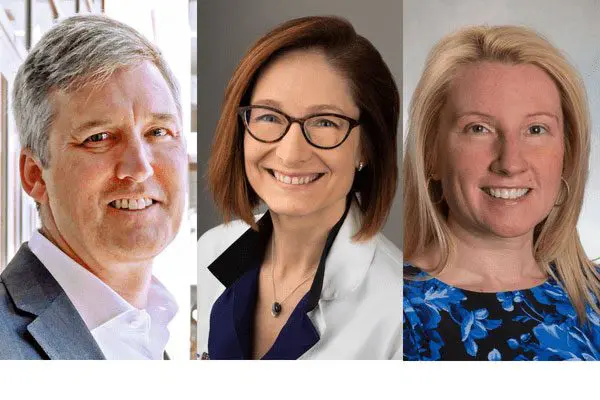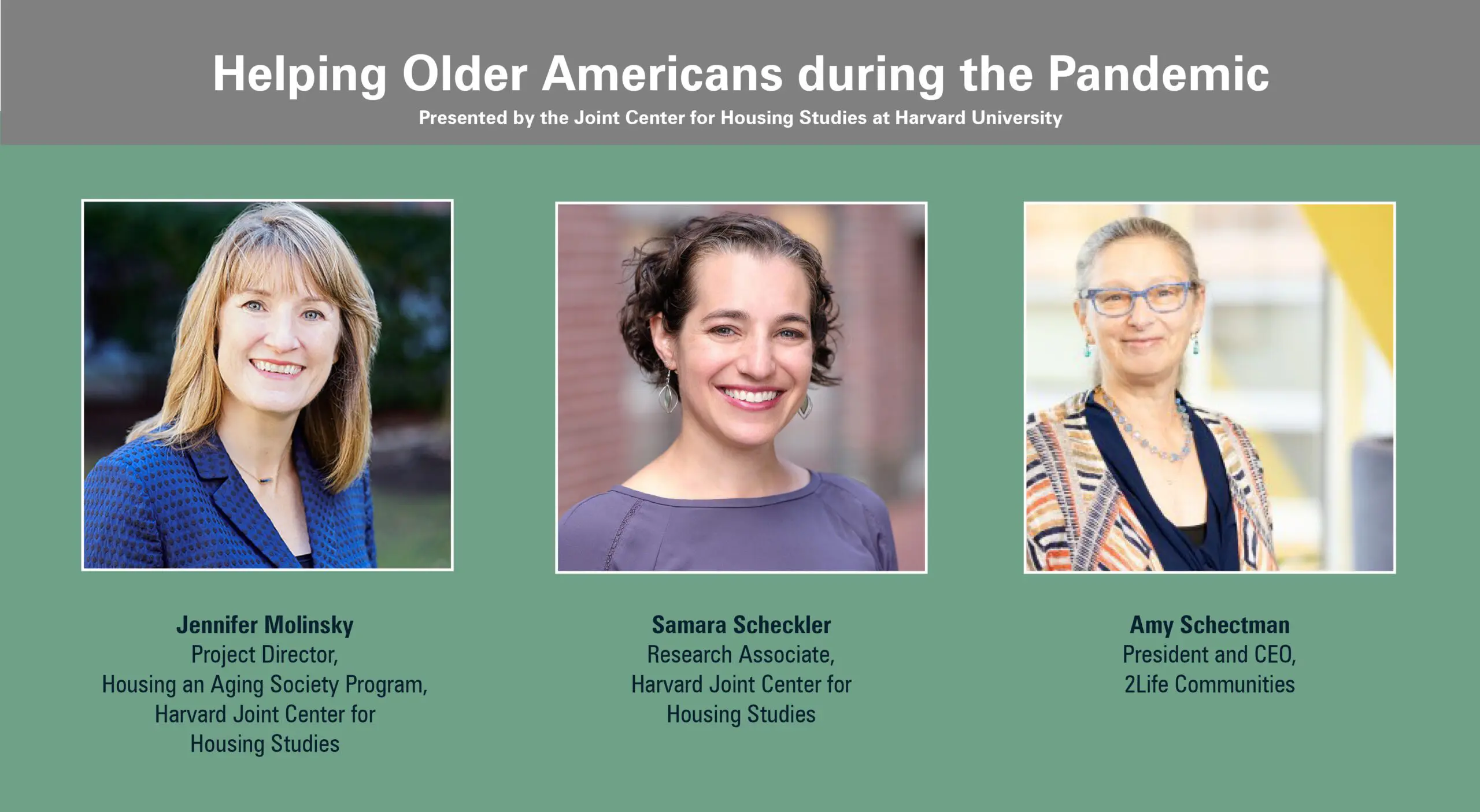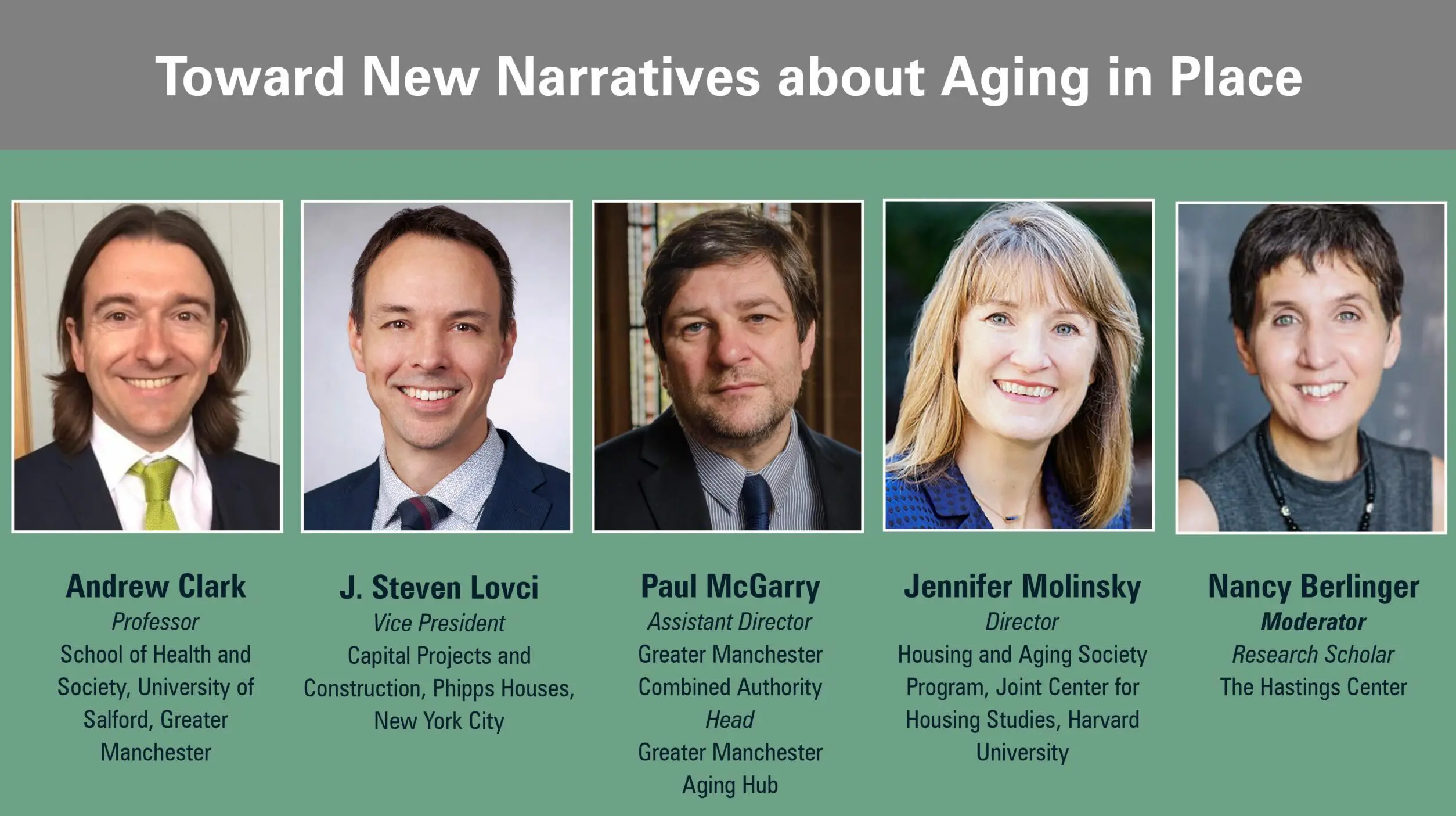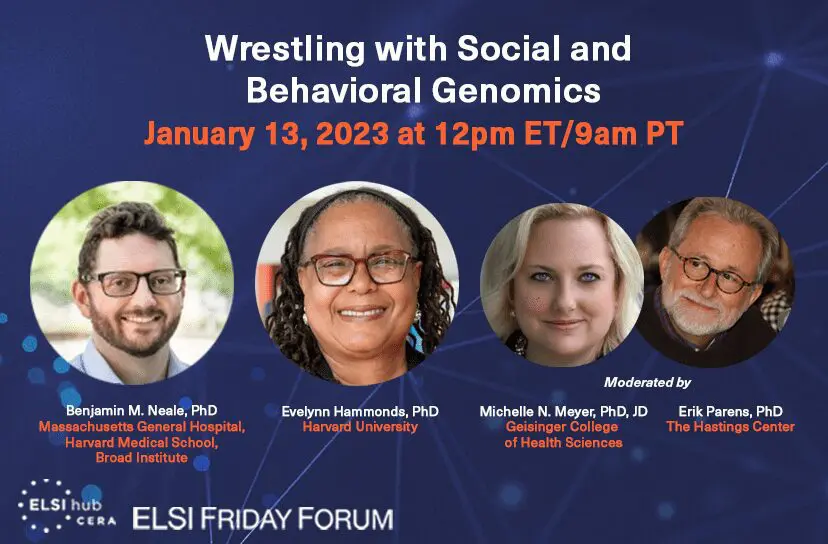Bioethics Founders’ Award & David Roscoe Essay Award
Bioethics Founders’ Award Recipients: Anita L. Allen, the Henry R. Silverman Professor of Law and professor of philosophy at the University of Pennsylvania Carey School of Law Farhat Moazam, Professor and founding chairperson of the Centre of Biomedical Ethics and Culture of the Sindh Institute of Urology and Transplantation in Pakistan. David Roscoe Essay Award...
A Critical Moment in Bioethics
Oregon Convention Center 777 NW Martin Luther King, Jr. Blvd, Portland, OR, United StatesA new report calls on the field of bioethics to take the lead in efforts to remedy racial injustice and health inequities in the United States. Join Hastings Center senior advisor Faith Fletcher, Sadler Scholars advisor Keisha Ray, and other editors of the report, “A Critical Moment in Bioethics: Reckoning with Anti-Black Racism Through Intergenerational...
Self-managed Medication Abortion: Changing the Landscape of Abortion Access Outside of the Law
OnlineHastings Center Senior PMRA Margaret Matthews will present a paper on "Self-managed Medication Abortion: Changing the Landscape of Abortion Access Outside of the Law", during the ASBH Annual Conference in Portland, Oregon session: Reframing Our Concepts: "Self-Managed Abortion," "Good Death," "Management Conditions".
Disability Rights and Disability Justice after Dobbs: Advocacy, Allyship, and Access
OnlineHastings Center and Rice Family Postdoctoral Fellow in Bioethics and the Humanities, Liz Bowen will be on a panel discussing, "Disability Rights and Disability Justice after Dobbs: Advocacy, Allyship, and Access" at the ASBH 24th Annual Conference in Portland, Oregon.
“What is Bioethics and Why Does It Matter?”
OnlineHastings Center President Mildred Solomon to teach Master Class at West Point: “What is Bioethics and Why Does It Matter?”
Communicating Ethical Challenges in Crises: Bioethics With Bigger Impact
OnlineThe chaos that enveloped the Covid-19 response and the loss of trust in experts has laid bare the need for a shift in communicating the moral questions that confront our society. Helping the public think through daunting public health issues and understand the reasons for life and death policies is critical – we must communicate...
Patient Harms and Professional Obligations after Dobbs
OnlineThe Dobbs decision is imposing confusion and risking the health and safety of pregnant patients in states where abortion has been banned. Physicians are asking what to do. Is the ethical choice refusing to comply? Or is civil disobedience the wrong answer? Learn about the kinds of patient cases most at risk and explore what...
Helping Older Americans During the Pandemic
OnlineThis event, the third in a four-part series, will explore some of the key findings in Advancing Housing and Health Equity for Older Adults: Pandemic Innovations and Policy Ideas, a collaboration with The Hastings Center. Panelists will share new research and examples of how service coordinators leveraged community resources and their own creativity to ensure...
Toward New Narratives About Aging in Place
OnlineMost older Americans want to “age in place,” yet many lack the “place” they need. Land use restrictions or local resistance to affordable, accessible homes stymie efforts to build places that work for people as they age or who have disabilities. Private-market options geared to wealthy adults are not the solution for the typical, moderate-income...
Genetic Advantages in Sports: When Do They Count as ‘Doping’?
ELSIhubWhat is the essence of sports, and how does that impact the way doping is defined? Join the Friday ELSI discussion with panelists Sarah Polcz, JSD, MSc, JD (Stanford Law School) and Silvia Camporesi, PhD, PhD (King's College London, University of Vienna), moderated by Thomas H. Murray, PhD (The Hastings Center).
Wrestling with Social and Behavioral Genomics
OnlineSocial and behavioral genomics research uses huge sets of genetic data in attempts to shed light on phenotypes from smoking and eating behaviors, to psychiatric disorders, to sexuality and educational attainment. How should we think about the risks of such research, including the risks that its results can be weaponized or lead to policy fatalism?...
